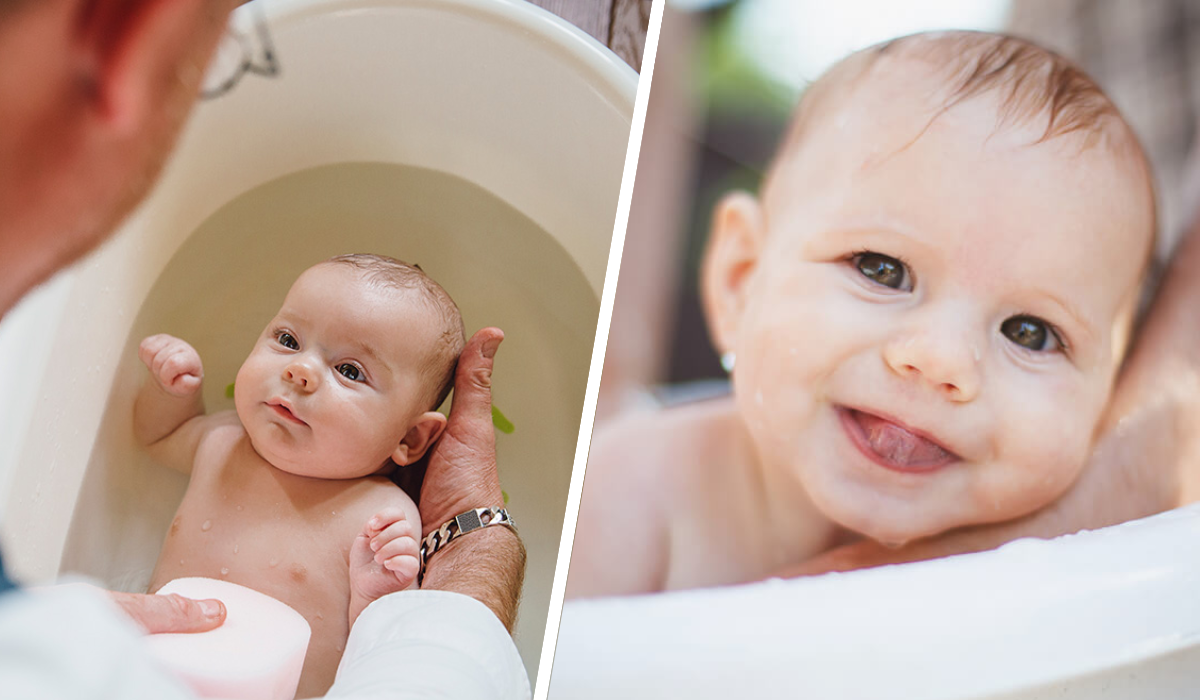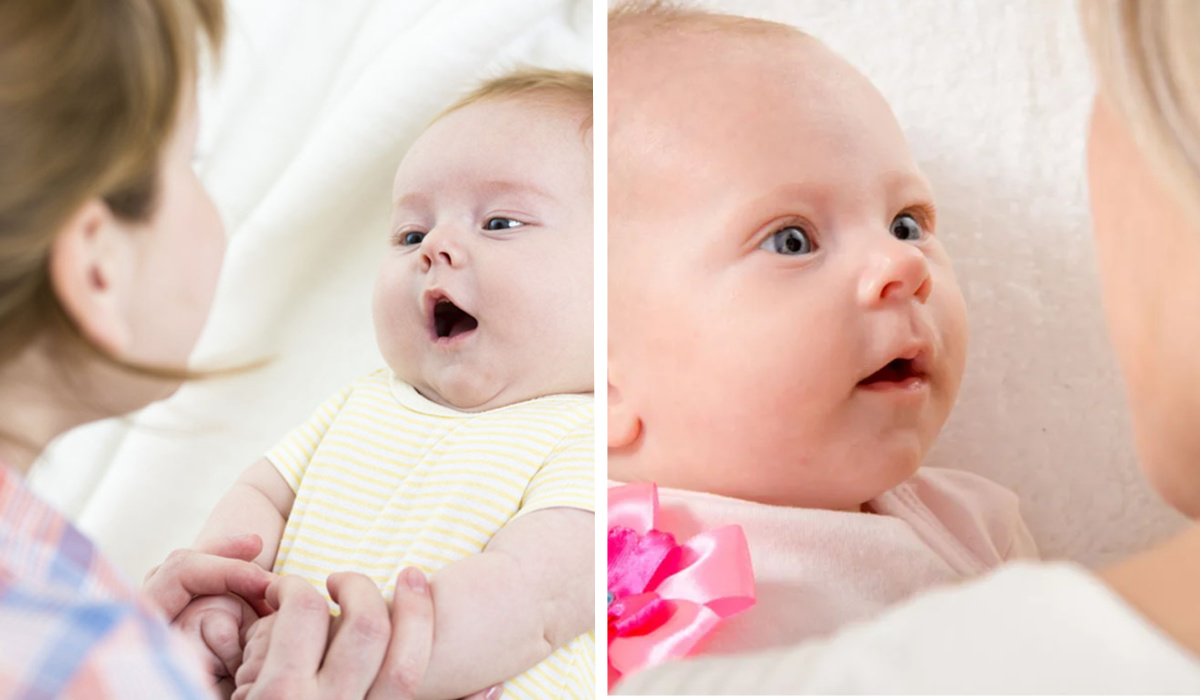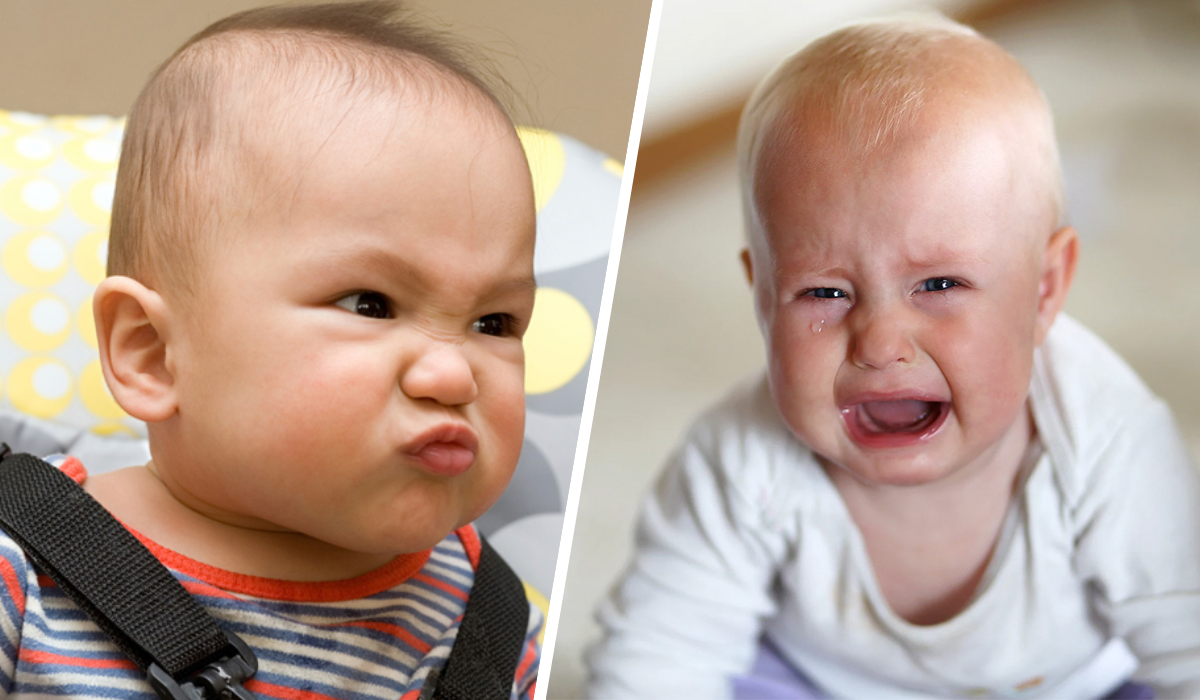
Colic in Babies: What It Is, How Long It Lasts, and Effective Solutions
Colic in babies can be one of the most distressing experiences for both infants and parents. Characterized by excessive and uncontrollable crying, colic can leave caregivers feeling overwhelmed and helpless. If your baby is under five months old and crying for more than three hours a day, three or more days a week, for an extended period, they may be experiencing colic. Understanding what colic is, its symptoms, causes, and strategies for soothing your baby can empower you as a








